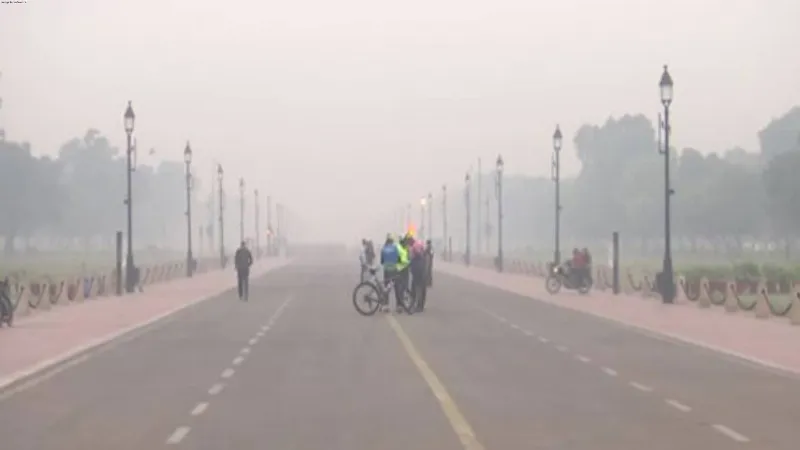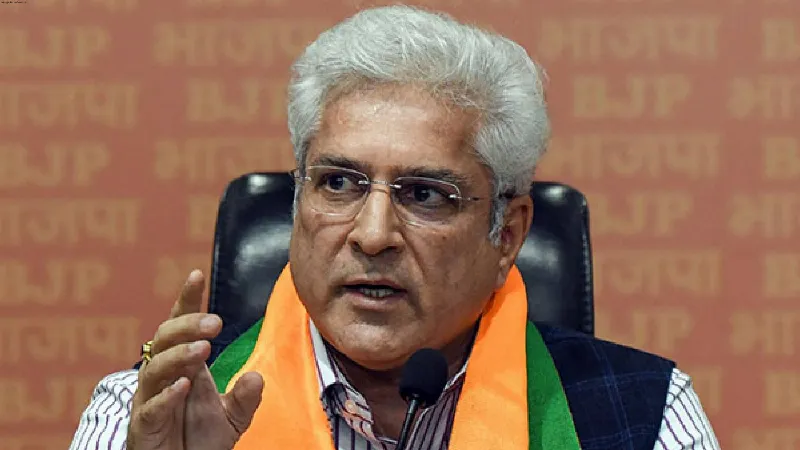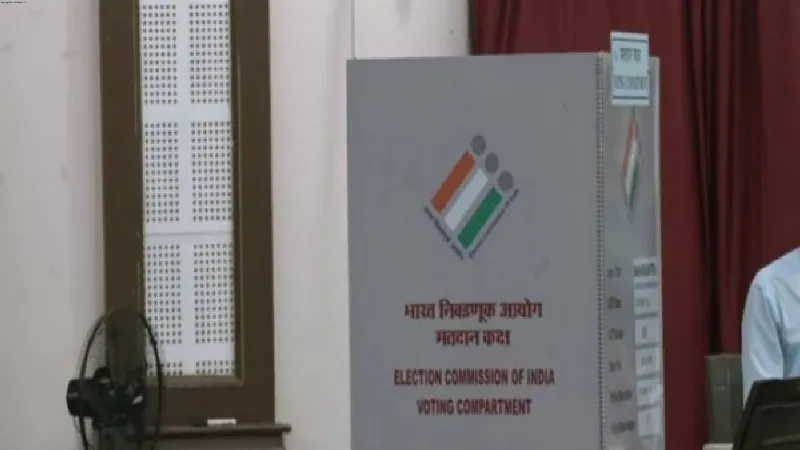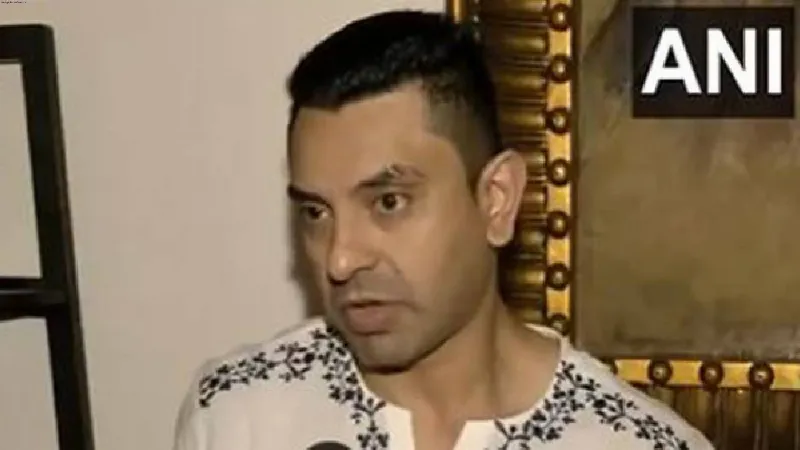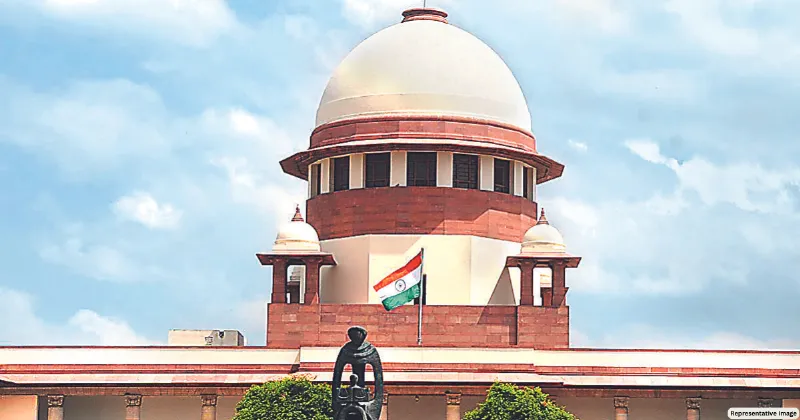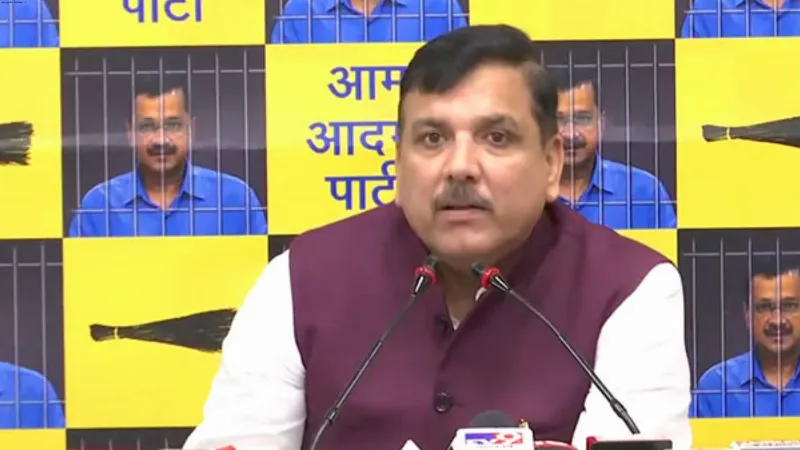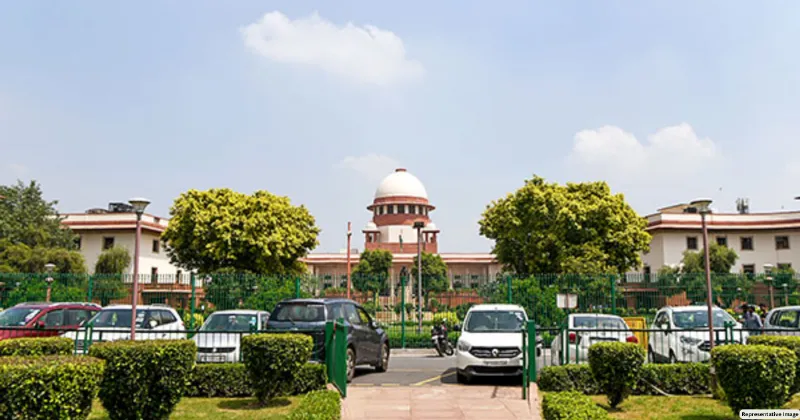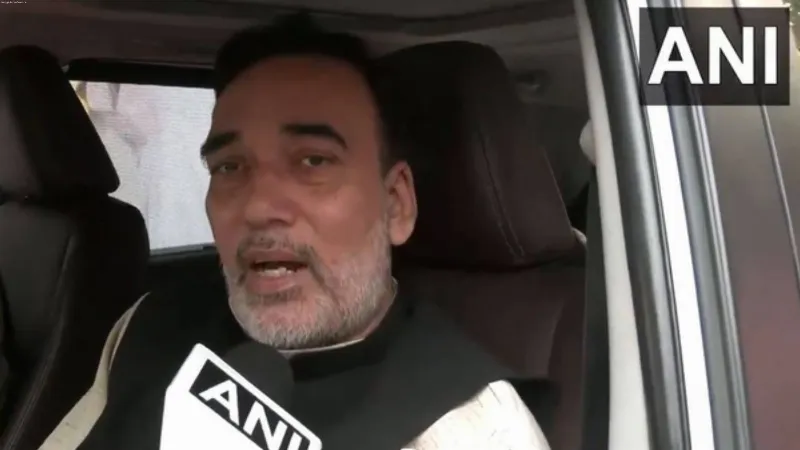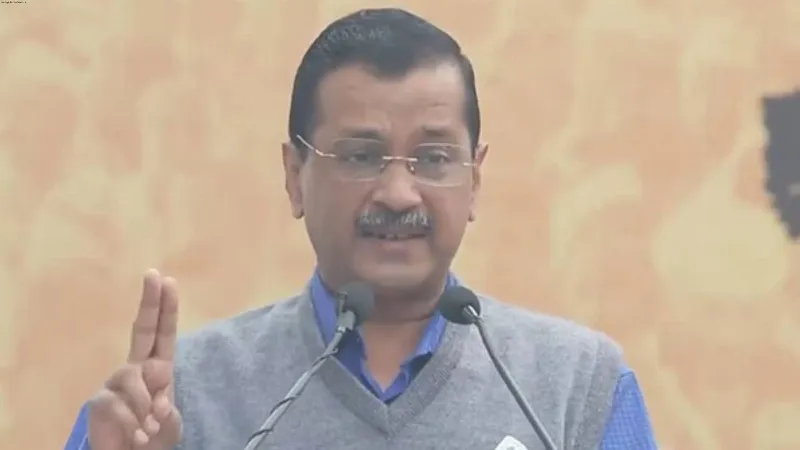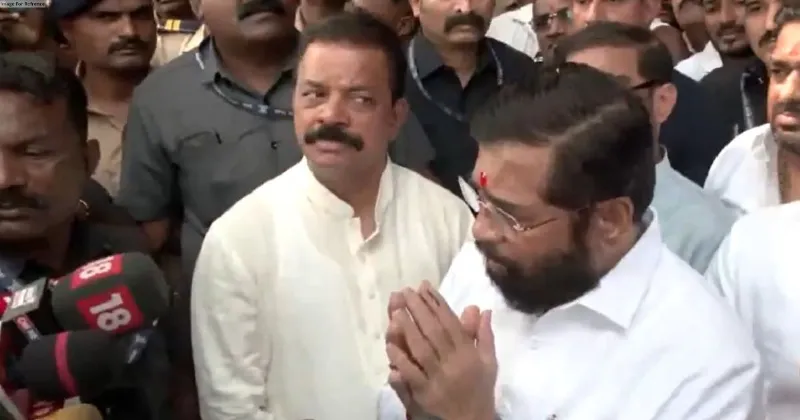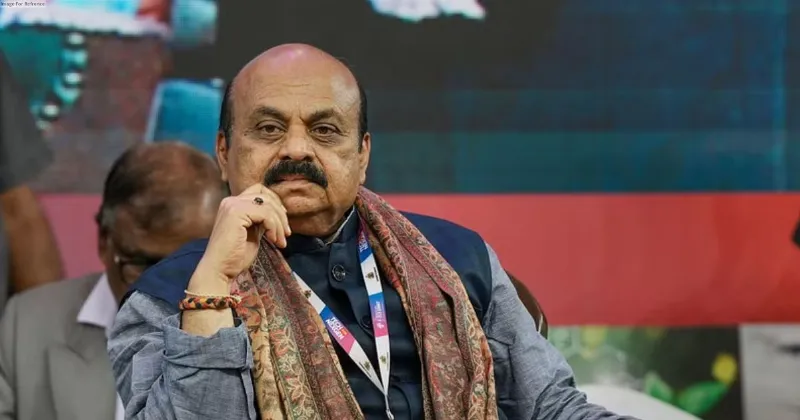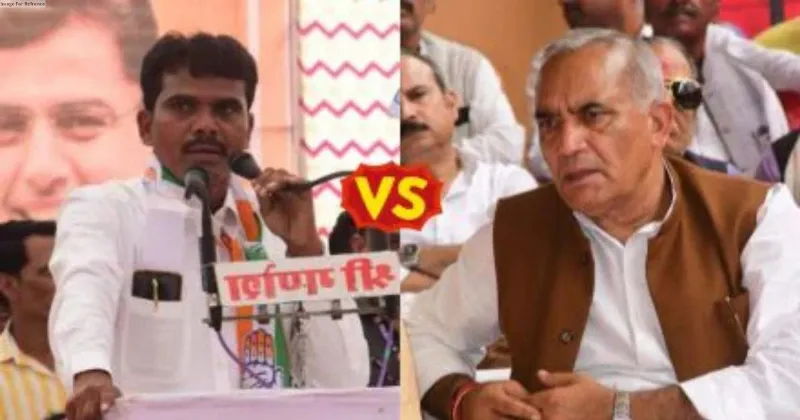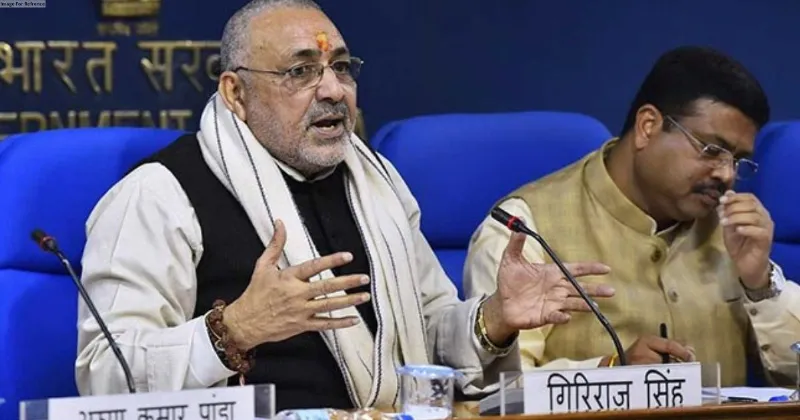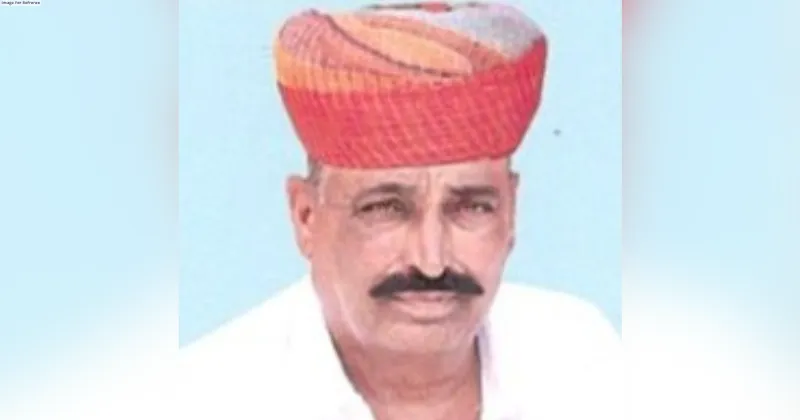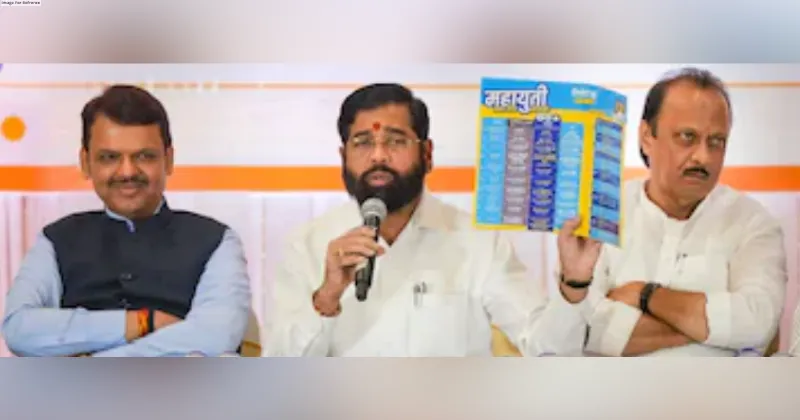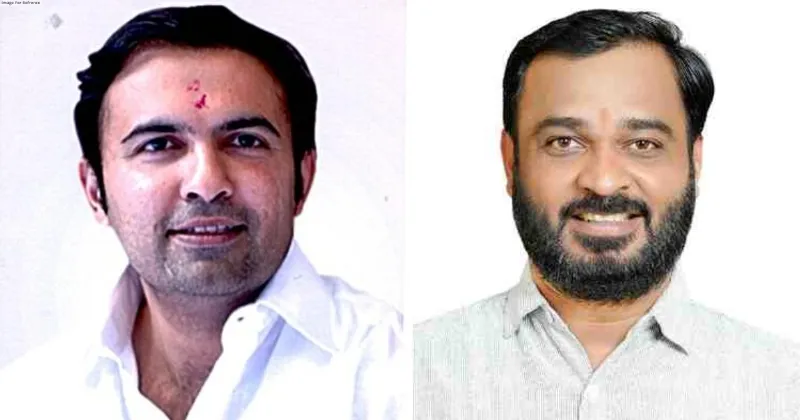Latest News
"Accept the inevitable" says former Kashmir Maharaja's son Karan Singh as SC upholds abrogation of Article 370
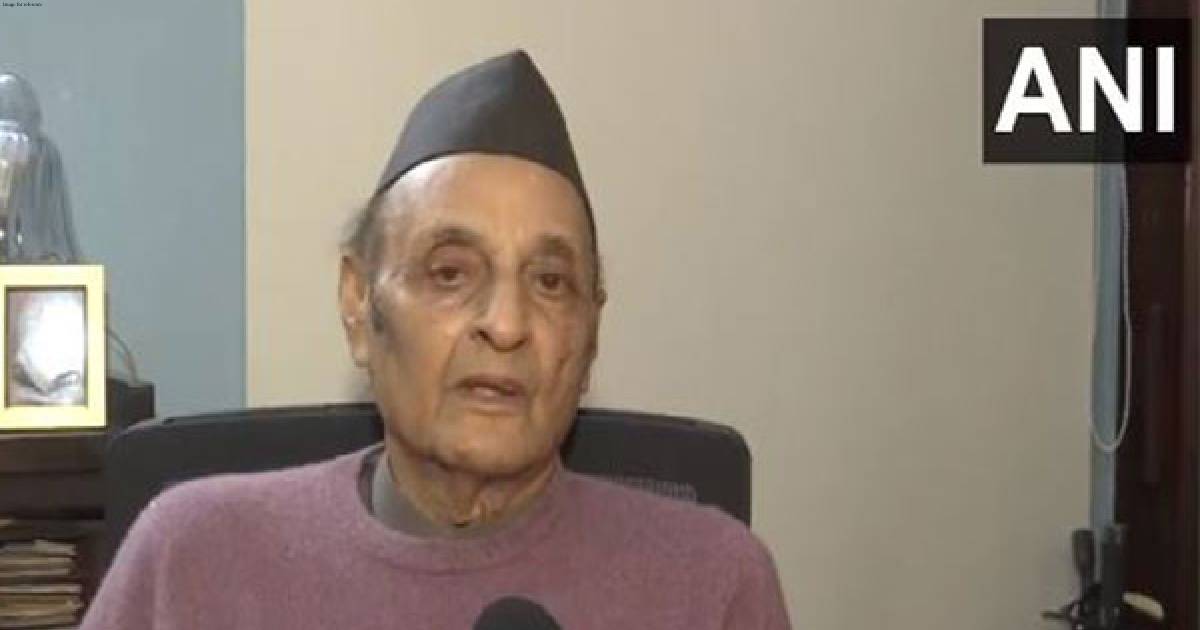
New Delhi: Senior Congress leader and son of Jammu and Kashmir's erstwhile Maharaja Hari Singh, Karan Singh, welcomed the decision of the Supreme Court upholding the abrogation of Article 370 and urged everyone to "accept the inevitable."
The Supreme Court on Monday upheld the Union Government's decision to abrogate Article 370 of the constitution, which gave special status to Jammu and Kashmir and said that every decision taken by the Centre on behalf of a State can't be subject to a legal challenge.
Singh also urged Prime Minister Narendra Modi to restore statehood and suggested political parties in J-K go ahead with preparations for fighting the next elections and not unnecessarily hit their heads against the wall.
"I welcome it. Now it has become clear that whatever happened is constitutionally valid...I request PM Modi to restore statehood soon...''
"A section of people in J&K who will not be happy with this judgment, my sincere advice is that they should accept the inevitable and they should accept the fact that now this has been done and the Supreme Court has upheld the action and therefore there's no point now unnecessarily hitting their head against the wall," he added.
"Now my suggestion is that they should turn their energies towards fighting the next elections. That is where the people should now be motivated instead of developing any negativity," Karan Singh said further.
Earlier, Prime Minister Narendra Modi hailed the Supreme Court's decision to uphold the abrogation of Article 370 and said that it is a resounding declaration of hope, progress and unity for our sisters and brothers in Jammu and Kashmir and Ladakh.
PM Modi in his post on X said "Today's Supreme Court verdict on the abrogation of Article 370 is historic and constitutionally upholds the decision taken by the Parliament of India on 5th August 2019; it is a resounding declaration of hope, progress and unity for our sisters and brothers in Jammu, Kashmir and Ladakh. The Court, in its profound wisdom, has fortified the very essence of unity that we, as Indians, hold dear and cherish above all else."
The PM further assured that the government is committed to the resilient people of Jammu, Kashmir and Ladakh in fulfilling their dreams.
"I want to assure the resilient people of Jammu, Kashmir and Ladakh that our commitment to fulfilling your dreams remains unwavering. We are determined to ensure that the fruits of progress not only reach you but also extend their benefits to the most vulnerable and marginalised sections of our society who suffered due to Article 370," PM Modi said on X.
"The verdict today is not just a legal judgment; it is a beacon of hope, a promise of a brighter future and a testament to our collective resolve to build a stronger, more united India. #NayaJammuKashmir," he added.
Former Jammu and Kashmir Chief Minister Omar Abdullah expressed his disappointment with the verdict saying "Disappointed but not disheartened. The struggle will continue. It took the BJP decades to reach here. We are also prepared for the long haul."
The Supreme Court on Monday upheld the Union Government's decision to abrogate Article 370 of the constitution which gave special status to Jammu and Kashmir and said that every decision taken by the Centre on behalf of a State can't be subject to a legal challenge.
A five-judge Constitution bench comprising Chief Justice of India DY Chandrachud, Justices Sanjay Kishan Kaul, Sanjiv Khanna, BR Gavai, and Surya Kant delivered the verdict.
Supreme Court said that it has held that Article 370 was a temporary provision.
"The proclamation of Maharaja stated that the Constitution of India will supersede. With this, the para of Instrument of Accession ceases to exist.... Article 370 was an interim arrangement due to war conditions in the State. Textual reading also indicates that Article 370 is a temporary provision," the Court said.
The Court also noted that Article 370 was meant for the constitutional integration of Jammu and Kashmir with the Union and it was not for disintegration and the President can declare that Article 370 ceases to exist.
"Concurrence of the State government was not required to apply all provisions of the Constitution using Article 370(1)(d). So, the President of India taking the concurrence of the Union government was not malafide," the Court noted.
The Supreme Court also directed the Election Commission to hold Jammu and Kashmir Assembly elections by September 30, 2024. The Supreme Court said in view of Centre's submission on restoration of statehood of Jammu and Kashmir, it directs that statehood shall be restored as soon as possible.
On August 5, 2019, the central government announced the revocation of the special status of Jammu and Kashmir granted under Article 370 and split the region into two union territories.


